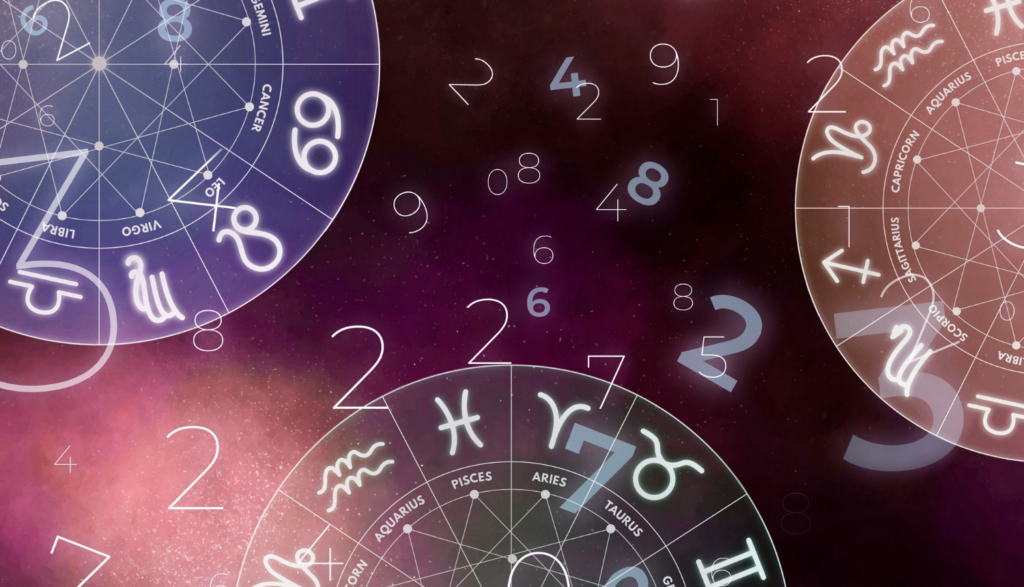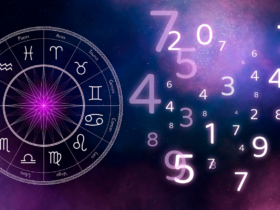In an era steeped in scientific advancement and technological marvels, the ancient practice of numerology may seem like an outdated relic of the past. However, contrary to such assumptions, numerological concepts continue to weave their influence through the fabric of modern society, touching various aspects of our lives in subtle yet profound ways.
At its core, numerology is the belief in the mystical significance of numbers and their influence on human affairs. Dating back to ancient civilizations such as the Babylonians, Egyptians, and Greeks, numerology has endured centuries of scrutiny and skepticism, yet it persists, resonating with individuals seeking deeper insights into their lives and destinies.
One of the most prevalent applications of numerology in modern times is in the realm of personal development and self-discovery. Many people turn to numerological analyses of their birth dates, names, or even significant life events to gain a better understanding of their strengths, weaknesses, and life paths. By assigning numerical values to letters and dates and interpreting their meanings based on complex systems and calculations, numerologists offer insights into personality traits, compatibility in relationships, and optimal career paths.
Numerology has found its place in various cultural and societal phenomena. From the significance attached to specific numbers in religious texts and rituals to the use of numerological principles in business strategies and marketing campaigns, the influence of numbers permeates diverse aspects of human culture. For instance, the concept of lucky or unlucky numbers plays a significant role in many cultures worldwide, influencing decisions ranging from the timing of weddings and business ventures to the design of buildings and the selection of phone numbers.

In the age of digitalization and data analytics, numerology has found a new frontier in the form of algorithms and predictive modeling. Data scientists and researchers are exploring the potential correlations between numerical patterns and human behavior, aiming to unlock insights that could inform everything from consumer preferences to financial markets.
Related: Master Numbers and Their Role in Achieving a Harmonious Life
Despite its mystical roots, numerology continues to evolve and adapt to the changing dynamics of society. While skeptics may dismiss it as pseudoscience, proponents argue that its enduring appeal lies in its ability to offer a sense of meaning and purpose in an increasingly complex and uncertain world.
In conclusion, numerology persists as a fascinating phenomenon in modern times, weaving its way into various aspects of society and human consciousness. Whether viewed as a divinatory art, a psychological tool, or simply a cultural curiosity, numerology continues to exert its influence, reminding us of the enduring power of numbers to shape our lives and perceptions.





















